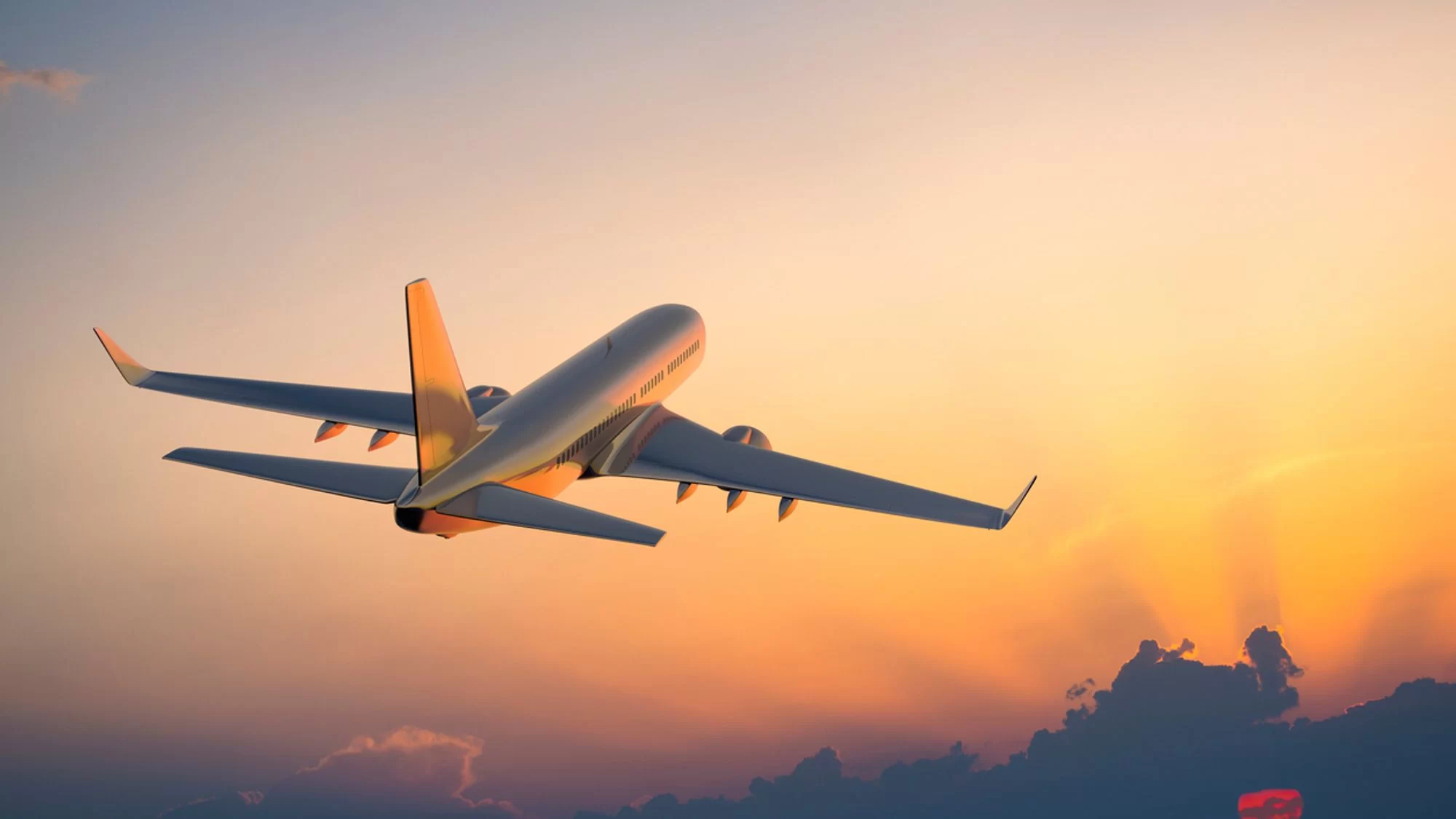How to Manage Jet Lag During a Round-the-World Trip
- 1. Plan Your Sleep Pattern Before Your Trip
- 2. Adjust Your Schedule Gradually
- 3. Stay Hydrated During the Flight
- 4. Expose Yourself to Natural Light
- 5. Avoid Caffeine and Alcohol
- 6. Take Short Naps When Necessary
1. Plan Your Sleep Pattern Before Your Trip
Managing jet lag starts before you even leave. Adjusting your sleep schedule a few days before your trip can make a huge difference. Try to go to bed and wake up an hour earlier or later depending on the time zone you’re traveling to. For example, if you're flying east, aim to go to sleep a bit earlier. This helps your body start adjusting before you board the plane. I once traveled from New York to Sydney, and by adjusting my sleep a few days in advance, I found it much easier to adapt to the 14-hour time difference.
2. Adjust Your Schedule Gradually
Instead of making drastic changes to your sleep routine all at once, try to make gradual adjustments over several days leading up to your trip. This will give your body time to adapt to the new time zone. For instance, if you’re traveling from London to Tokyo, gradually shift your bedtime to match Tokyo’s local time, allowing your body to adjust slowly and reducing the severity of jet lag.
3. Stay Hydrated During the Flight
Dehydration can worsen the symptoms of jet lag, so it’s essential to stay hydrated during your flight. Avoid excessive caffeine or alcohol, as these can contribute to dehydration. During long-haul flights, I make it a habit to drink water regularly and avoid sugary drinks. By staying hydrated, I found that my body felt less sluggish when I landed, and I was able to recover from jet lag more quickly.
4. Expose Yourself to Natural Light
Once you arrive at your destination, one of the best ways to beat jet lag is to expose yourself to natural light. Sunlight helps regulate your internal body clock and signals to your body when it's time to be awake and when it's time to sleep. If you're arriving in the morning, take a walk outside and soak in the natural light. On my trip to Tokyo, a morning stroll through the Shibuya district helped me feel energized and reset my body clock faster.
5. Avoid Caffeine and Alcohol
While it might be tempting to grab a cup of coffee to stay awake or a drink to relax, caffeine and alcohol can interfere with your sleep and exacerbate jet lag. I’ve learned from experience that drinking coffee too close to bedtime can disrupt my sleep cycle. Instead, I opt for herbal teas or water to stay refreshed without disrupting my rest. Avoiding these substances, especially in the hours leading up to bedtime, can help you get a better night’s sleep after arriving at your destination.
6. Take Short Naps When Necessary
If you're feeling extremely tired after your long journey, taking a short nap (20-30 minutes) can help recharge your energy without making you feel groggy. However, it’s important to avoid napping for too long, as this can interfere with your ability to adjust to the local time zone. On my recent round-the-world trip, a brief nap in the afternoon helped me stay awake during the evening without keeping me up all night.
By following these simple steps, you can reduce the effects of jet lag and enjoy your travels to the fullest. Ready to explore the world without the disruption of jet lag? For more travel tips and to book your next adventure, visit How to Travel the World.







